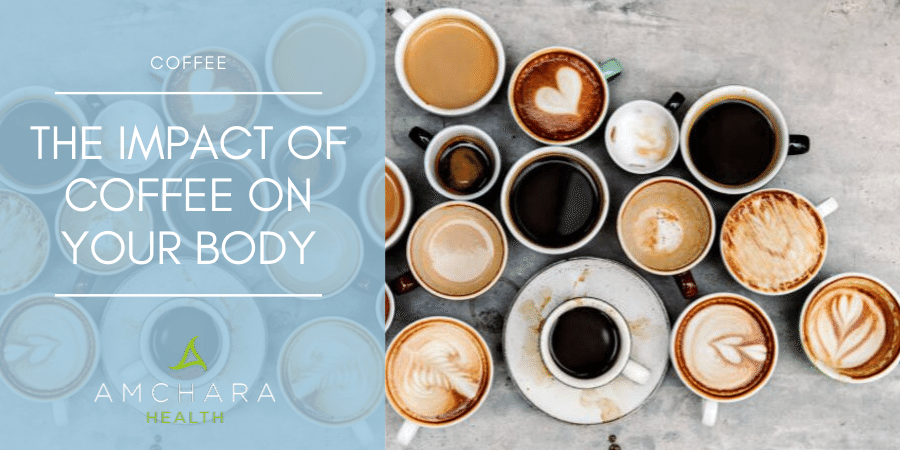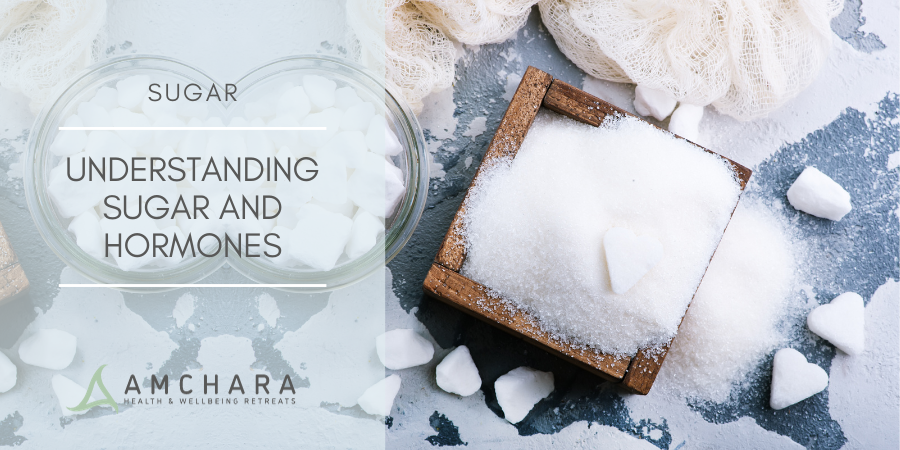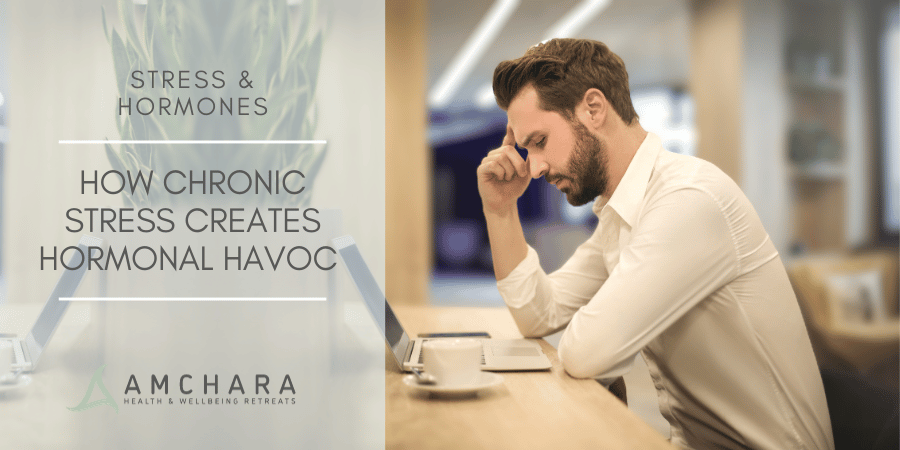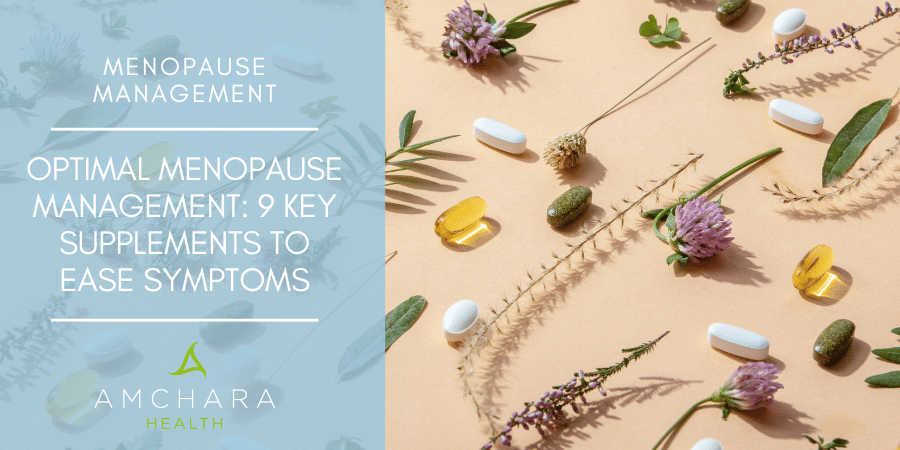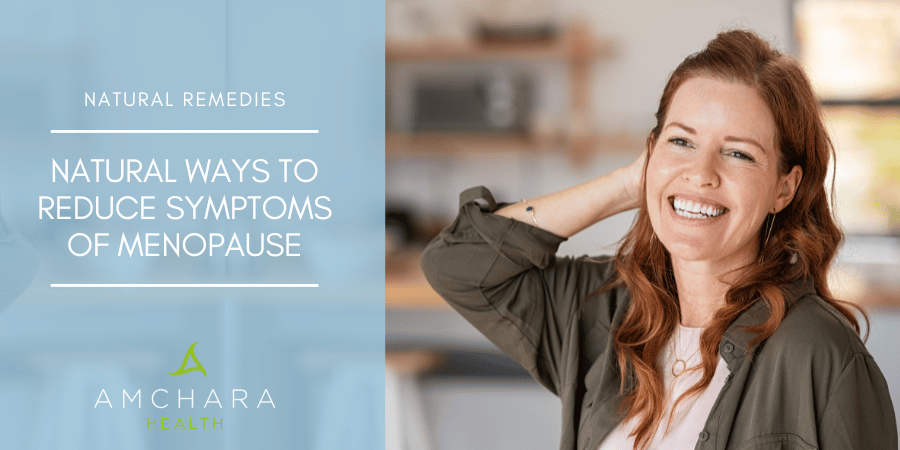Can’t live with it…can’t live without it.
We’re always being told to give up coffee, but why?
It can be difficult to find health advice you can trust and our mission is to provide you with insightful evidence-based information to cut through the often conflicting messages found in the main media channels.
Whilst there has been some positive research on the benefits of coffee, it can have considerable negative effects on your hormone balance.
Let’s take a look at this in more detail.
Article Index:
How Coffee Impacts on Your Body
The effects of coffee are down to the physiologically active ingredient caffeine, which works by stimulating your central nervous system.
Caffeine can be found in a number of foods most commonly tea and chocolate as well as in carbonated beverages such as cola.
It may also come as a surprise to know that caffeine is in many over the counter drugs such as cold remedies, weight loss aids, aspirin and diuretics.
As a stimulant, caffeine is the magic ingredient that is responsible for the buzz that helps you sail through the day when your energy takes a vacation.
It works by blocking ‘adenosine’ receptors on your cells, which affects the action of neurotransmitters that would normally help your body to remain relaxed and calm.
In the absence of these counter-balancing relaxants the adrenal glands fire up and release the hormone adrenaline which pushes you into a state of ‘fight or flight’, an evolutionary mechanism designed to protect you from imminent danger.
For most people this provokes familiar sensations – a quickening pulse, tense muscles and a thumping heart – all the necessary physiological changes the body uses to get you ready to run and react quickly.
Your heart works extra hard to deliver more oxygen to your brain and shift glucose into your blood circulation to provide a boost of energy, while your muscles are all set for a quick sprint!
All of these bodily reactions go hand in hand with an increase in blood pressure.
Simultaneously caffeine also indirectly causes the release of dopamine a hormone, which activates the pleasure zones in your brain.
That great feeling you get at just a whiff of coffee may be one of the reasons why you could be slightly addicted to regular caffeine hit.
The Downside of Caffeine
It may all be sounding pretty pleasant so far – but on the negative side, constantly stimulating your adrenal glands may push your hormones out of kilter leading to hormonal imbalances that could impact on both your physical as well as your cognitive function.
Over dependency on caffeine places your body in a permanent state of hormonal emergency, which can lead to a number of unpleasant symptoms:
-
Headaches
-
Restlessness
-
Anxiety
-
Aggressive behaviour
-
Irritability
-
Elevated heart rate
-
High blood pressure
-
Palpitations
-
Insomnia
-
Dehydration
-
Breast pain
It doesn’t take a genius to work out that this isn’t good for overall hormone balance in the long term.
Some studies have even linked a high caffeine intake (over 300g/d) with an increased risk of infertility, poor sperm motility and an interrupted menstrual cycle.
Caffeine Metabolism
It’s no wonder caffeine hits the spot so effectively.
The absorption of this psychoactive drug is rapid – reaching peak concentrations in your blood stream within an hour, where it is readily available for uptake by the brain to exert its uplifting effects.
The caffeine continues to hang around in your circulatory system for 3-5 hours interacting with many tissues for quite some time, which is why you may find drinking coffee late in the day will affect your sleep.
Are you Addicted to Caffeine?
Do you have to drag yourself out of bed with that slightly foggy feeling that only seems to lift after a double Espresso – or does your head start to pound if you can’t get hold of a coffee by mid-morning?
Caffeine addiction can start within just three days so if you are a habitual coffee drinker chances are you have developed an addiction.
The amount of coffee you drink does not dictate whether or not you’re addicted it is actually more about how regularly you drink.
So you could drink 3 cups a day or 10 cups a day and still be equally addicted.
However, a modest coffee drinker may be less aware that they have a dependency on caffeine.
As with any addiction over prolonged periods more and more caffeine may be needed to achieve the same boost.
This places an additional burden on your adrenal glands, as they have to produce more stress hormones every time you consume caffeine.
In the long term the overworked adrenal glands become tired and sluggish creating hormonal imbalances which can result in memory deterioration, poor cognitive function and many health symptoms that we often put down to ‘middle age’. Continuously elevated stress hormones such as cortisol are also thought to lead to weight gain.
Caffeine and Blood Sugar Balance
The stimulatory effect of Caffeine can play havoc with your blood sugar levels; this is because caffeine affects how well insulin – the hormone that regulates blood sugar functions in your body.
As mentioned earlier, the effect of caffeine on the brain directly increases blood pressure, which in turn stimulates stress hormones.
The stress hormones influence insulin secretion and therefore blood sugar control. Constantly see-sawing blood sugar levels raise your risk for hormone imbalances.
Studies show that in the short term caffeine decreases insulin sensitivity and increases stress hormones in the blood.
Caffeine and Breast Pain
You might be one of the 50-75% of women that suffer from uncomfortable breast pain.
The most frequent complaints relate to premenstrual breast discomfort and lumpy breasts.
These symptoms are often due to fibrocystic tissue in the breast.
A number of studies have shown that caffeine may worsen the pain and soreness that is associated with a fibrocystic condition.
Chocolate is a major culprit for some women who might find that it worsens the pain.
High caffeine intake may also be linked to altered hormone levels in women around the menopause.
Findings from research suggest that caffeine restriction is an effective way to manage breast pain.
Caffeine Sensitivity and Tolerance
How well your body responds to caffeine can be influenced by diet and genetics.
Your body may not have the necessary mechanisms to process the caffeine molecule that can make you particularly sensitive to caffeine.
As you increase your intake of caffeine the body compensates by producing more of the receptors that counter the effects of caffeine giving you a higher tolerance for it.
It appears that women metabolize caffeine more rapidly than men, which means that men feel a bigger impact from it.
However taking the contraceptive pill slows down the metabolism of caffeine considerably leaving women who rely on the pill far more sensitive to its side effects.
Caffeine Withdrawal
The higher your caffeine intake the more you are going to feel the effects of withdrawing from it.
Even if you think you have a relatively low caffeine intake – around 100mg a day, you may still experience significant withdrawal symptoms.
A good plan is to gradually reduce the amount of caffeine in your diet, which will lessen the impact of caffeine withdrawal.
Typical symptoms you are likely to experience include:
-
Fatigue
-
Headaches
-
Irritability
-
Anxiety
-
Low mood
-
Poor concentration
Fatigue can sometimes be overwhelming so it’s a good idea to factor in your caffeine withdrawal when you’re not working or have a short break planned…
Withdrawal symptoms can last for 2-3 days.
Drinking plenty of water will help to ease headaches and a foggy brain.
Caffeine Alternatives
Your taste buds may be so hooked on coffee or tea that finding a suitable alternative could be difficult initially, but there are so many options that with a little perseverance you’re sure to find something that hits the spot.
Here are some of our favourite alternatives to caffeine:
Barleycup – similar in flavour to a very mild weak coffee but delicious and satisfying.
As an added bonus it is a valuable source of fibre and low in calories too.
Plus it tastes great ‘straight’ without milk, so if you’re not a fan of dairy products this could be the coffee substitute for you.
Coconut water – currently doing the rounds as one of the healthiest drinks there is.
It may not give you the same caffeine boost but it’s full of rehydrating electrolytes and naturally sweet so a great option for post exercise sports enthusiasts.
Siberian Ginseng tea – Siberian ginseng is one of the most extensively researched of the ginseng family of herbal plants, which are known for their energy boosting properties.
Studies have found Siberian Ginseng improves mood, raises energy and increases alertness, so if you’re looking for a morning lift this tea is worth a try.
Lemon & ginger tea – just the smell and taste of this gives you a lift, but it’s also a handy detoxifier and stomach settler too.
If you’ve never tried herbal tea or maybe find them boring compared to traditional tea or coffee this is one that might persuade you to make the change.
Turmeric tea – turmeric contains a compound called curcumin, which has been shown to reduce inflammation, support the immune system and offer anti-cancer benefits.
The anti-inflammatory effects may help to counter some of the unpleasant withdrawals from caffeine.
A combination of grated turmeric and boiling water gives you an instant cuppa but if you add coconut milk and honey it brings this tea to a whole other level of deliciousness! https://www.amchara.com/nutrition/turmeric-natures-super-medicine
Dandelion root tea – you don’t have to harvest all those weeds in your garden to get a great brew – this great tasting beverage can be found in most health food shops and is well worth a try. Dandelion root has been used since ancient times to raise energy and support liver health.
It also helps to stimulate bile, which transports toxins out of your system, so is the perfect solution while you’re weaning yourself off of caffeine.
Rooibos tea – if coffee was never your thing and letting go of a good old-fashioned mug of tea is proving just too hard then Rooibos could be the perfect cuppa for you.
Not only does it taste like normal tea but it’s also full to the brim with heart healthy antioxidants.
As well as this it contains anti-inflammatory compounds and anti-spasmodic nutrients that will ward off tummy cramps and help prevent diarrhoea.
Coffee Related Stories:
Catch up with the rest of the ‘hormone’ email series:
References
-
Adan et al. Early effects of caffeinated and decaffeinated coffee on subjective state and gender differences. Progress in Neuro-Psychopharmacology and Biological Psychiatry, 2008; 32 (7): 1698.
-
Bättig K. (1985) The Physiological Effects of Coffee Consumption. In: Clifford M.N., Willson K.C. (eds) Coffee. Springer: Boston, MA.
-
Biaggioni I & Davis SN. Caffeine: A Cause of Insulin Resistance?
-
Diabetes Care 2002; 25 (2) 399-400.
-
Caldwell JA et al. A review of caffeine’s effects on cognitive, physical and occupational performance. Neuroscience and Biobehavioral Reviews 2016; 71: 294-312.
-
Cramer et al. Physiological effects of caffeine, epigallocatechin-3-gallate, and exercise in overweight and obese women. Appl Physiol Nutr Metab. 2010 Oct;35(5):607-16.
-
Farag NH, Vincent AS and Lovallo WR. Caffeine Tolerance is Incomplete: Persistent Blood Pressure Responses in the Ambulatory Setting. Am J Hypertens. 2005; 18(5): 714–719.
-
Glade MJ. Caffeine-Not just a stimulant. Nutrition. 2010 Oct;26(10):932-8.
-
Rudolph T, Knudsen K. A case of fatal caffeine poisoning. Acta Anaesthesiol Scand. 2010 Apr;54(4):521-3.
-
Russell LC. Caffeine restriction as initial treatment for breast pain. Nurse Pract. 1989 Feb;14(2):36-7, 40.
-
Smith, Robin L et al. Evaluation and Management of Breast Pain. Mayo Clinic Proceedings 2004; 79 , Issue 3 , 353 – 372.
-
The Care Study Group. Caffeine and pregnancy outcome: the CARE Study. Proceedings of the Nutrition Society 2010; 69, E79.
-
Wilcox A., Weinberg C.,Baird D., Caffeinated beverages and decreased fertility. Lancet 1988; 2, 1453-1456.
-
Yu X, Bao Z, Zou J, Dong J. Coffee consumption and risk of cancers: a meta-analysis of cohort studies. BMC Cancer. 2011 Mar 15;11:96.
